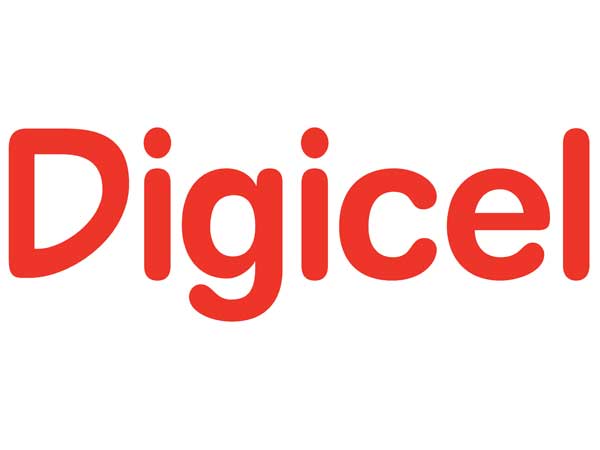Digicel carrier in Fiji and Samoa announces that it will roll out 5G while guaranteeing safety to customers, in an apparent move to allay concerns over various rumors and conspiracy theories on the internet about the health risks of 5G. We followed up on the planned plans.
Earlier this month, Digicel Fiji and Digicel Samoa announced that they had partnered with Nokia to upgrade their networks to 5G. This week, both carriers released identical statements aimed at addressing questions and concerns about the health and safety aspects of 5G technology.
“We are taking all steps to ensure the safe and seamless deployment of 5G technology,” it said in a statement.
Digicel said there is “no scientific evidence linking communications technologies, including 5G, to adverse health effects,” which is consistent with the position of global health authorities, including the World Health Organization (WHO).
Digicel also notes that existing electromagnetic energy (EME) safety standards include 5G technology, and that 5G devices and networks in both Fiji and Samoa are subject to strict compliance to ensure compliance with established local safety regulations. He also mentioned that he has undergone extensive testing.
“Advances in network design and device power management have brought 5G technology to a lower level of EME compared to previous generations such as 2G, 3G, and 4G,” Digicel said.
The International Commission on Non-Ionizing Radiation Protection (ICNIRP) issued guidelines on 5G electromagnetic field (EMF) radiation in 2020. The guidelines state that while 5G largely complies with his original 1998 EMF guidelines, 5G is still an evolving technology. As a result, the 2020 guidelines are set well below minimum safe levels, including “whole-body average limits for frequencies above 6 GHz; limits for short-term (less than 6 minutes) exposure to frequencies above 6 GHz; Several changes have been added, including “, and reduced restrictions”. Averaging area for frequencies above 6 GHz. ”
ICNIRP also acknowledged in its 2020 guidelines that the high frequencies used for 5G do not penetrate as deeply into the human body as lower frequencies. ICNIRP also noted that 5G’s use of beamforming can reduce overall exposure to EMF radiation within a given cell.
In recent years, the internet has been filled with misinformation and conspiracy theories about the health and safety risks of 5G. Various rumors have been asserted without reliable evidence that 5G kills birds, causes cancer, weakens the immune system, and causes COVID-19. Conspiracy theorists claim that 5G is a weapon system used by governments to monitor and control people.
“We encourage individuals to rely on reliable sources and expert opinion when evaluating information related to telecommunications and health,” Digicel said.
Digicel Fiji and Digicel Samoa have not yet disclosed a specific schedule for commercial 5G launch date.
Digicel Samoa received conditional approval from the Samoan government to launch 5G earlier this month. Digicel Fiji said it expected regulatory approval by the Fiji government to be “completed shortly”. Rival Vodafone Fiji secured a 5G non-commercial license to run live end-user trials on its 5G pilot network earlier this month, with a full commercial license expected to be issued later this year.


